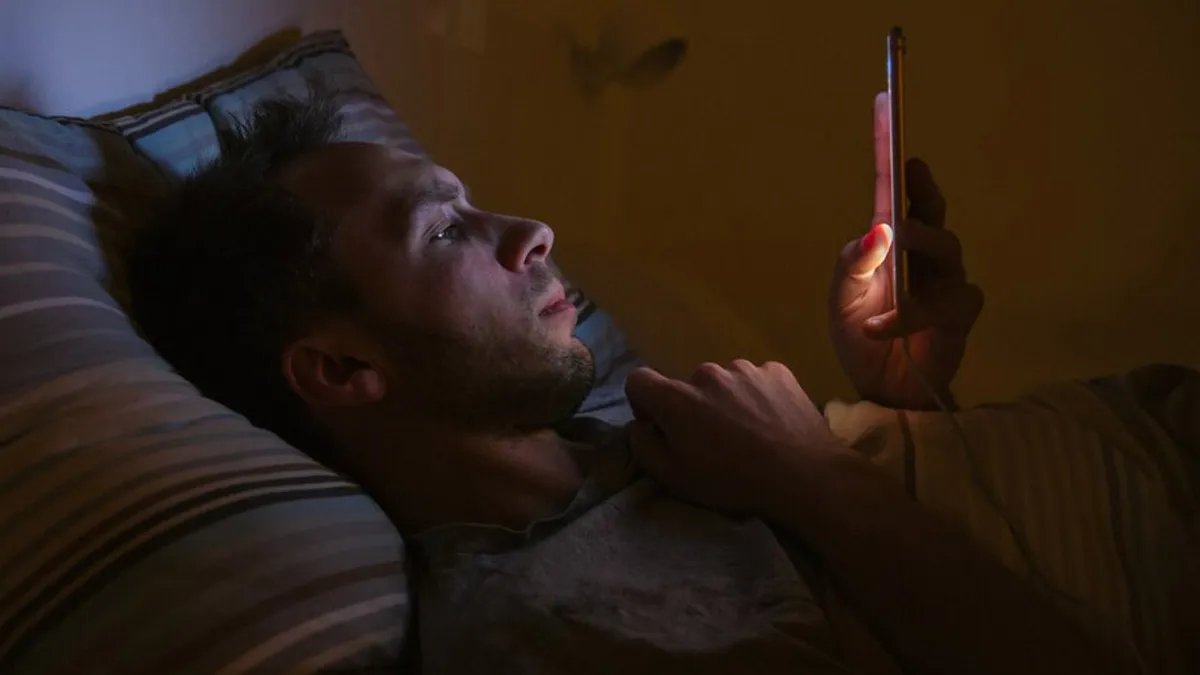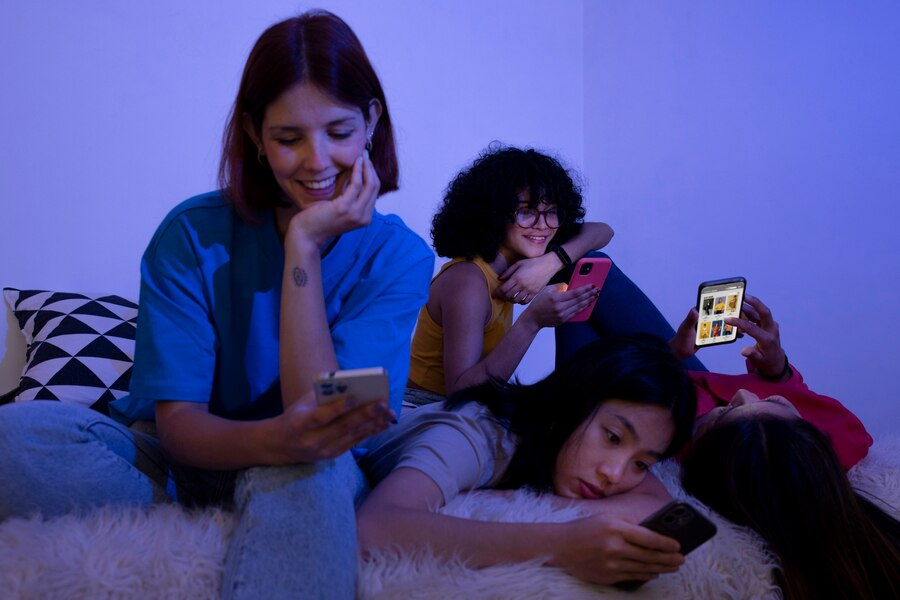
After spending a long day working and doing your chores, going straight to bed feels like enabling a loop to most of us– a loop wherein all we do is eat, work, sleep and repeat. To break out of this loop or at least feel like we are making an attempt to do that, we turn to doom scrolling on social media; Instagram reels, YouTube shorts and so on. More so, with our attention spans decreasing with each passing day, reels seem to be an apt source of entertainment that keeps viewers hooked.
Table of Content:-
We lie down and scroll, promising ourselves that it will be a one-hour long ritual, but these quick-paced videos keep you hooked, only for you to realise that hours have passed by and you have a few hours left to restart your day. We definitely weigh the downsides of this unhealthy practice, but never once do our minds traverse the possibility of a link with high blood pressure or hypertension, which has now been uncovered by a large-scale study published in the BMC journal, that studied young and middle-aged individuals in China.
RELATED: #AskTheExpert: Are Instagram Reels and Memes Affecting Your Mental Health?
What Did The Research Uncover?

Bengaluru-based cardiologist Dr Deepak Krishnamurthy took to X (formerly Twitter) to share these findings, drawing attention towards this grim discovery. “Apart from being a major distraction and waste of time, reel addiction is also associated with high blood pressure in young and middle-aged people. Time to uninstall,” he wrote.
The study, which was carried out in China, looked at 4,318 young and middle-aged people who regularly watched reels before bed. The results of the participants' medical exams demonstrated the dangers this practice poses to their health.
For young and middle-aged adults, the researchers discovered that essential hypertension is linked to sex, age, occupation, high-sodium diet, overweight or obesity, diabetes or impaired glucose tolerance, dyslipidaemia, hyperuricaemia, and family history, in addition to the amount of time spent watching brief videos before bed. This highlights that screen time cannot be viewed as a sole factor but rather as an interplay of several factors.
How Can Watching Late-Night Reels Cause Hypertension?

Although traditional screen time includes activities like watching television, playing video games, and using computers, this study pointed out that our screen time is spent watching short videos before bed, which is more indicative of a sedentary lifestyle. For instance, people may watch television while engaging in some physical activity, however that is not the case with quick reels.
Watching these short videos just before bed can cause sympathetic arousal, which could be another significant factor in the rise in blood pressure that occurs when you watch reels right before bed. When the sympathetic nervous system, which controls the fight-or-flight response, is activated, it is referred to as sympathetic arousal.
Another aspect to consider is the impact of blue-light on our sleep-wake cycle. By inhibiting the synthesis of melatonin, a hormone that controls sleep and wakefulness, the blue light from the screen causes sleep disturbances. To add to that, less than six hours of sleep has been linked to a higher risk of high blood pressure and cognitive decline.
Practical Measures To Reduce Screen Time Before Bed
-1736834566593.jpg)
A digital curfew is one of the best strategies to cut down on screen time before bed. Decide on a definite time to cease using electronics, such as 30 to 60 minutes before bed. Avoid keeping your smartphone close to hand on your bedside table, since this can easily encourage temptation and more screen time. This is another simple piece of advice.
You may limit app access and efficiently monitor your screen time by using specialised apps, which can be very useful tools. You may develop a more deliberate and conscientious approach to smartphone use by using these apps.
RELATED: Late Sleepers Face Higher Type-2 Diabetes Risk Regardless Of Lifestyle Factors: Study
Leave Your Phones, Quit Doomscrolling
To unwind after a tiring day, you needn’t put your health at risk. Instead, talk to a loved 0ne or simply read a book– if you still feel like none of this would suffice, turn to larger screens instead, and ditch your small screens and fast-paced videos that will disrupt your sleep-wake cycle in short-term and then wreak your heart health in the long run.
Also watch this video
How we keep this article up to date:
We work with experts and keep a close eye on the latest in health and wellness. Whenever there is a new research or helpful information, we update our articles with accurate and useful advice.
Current Version